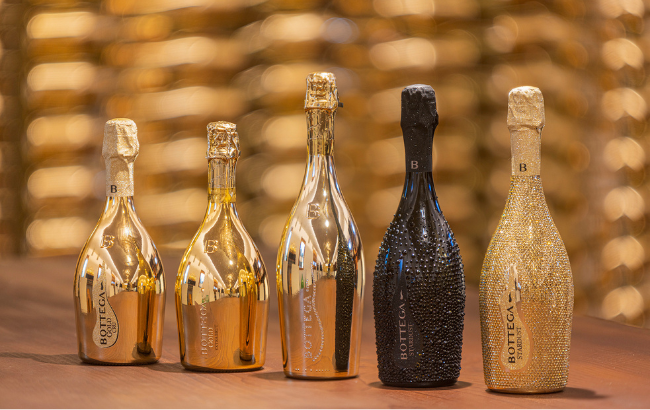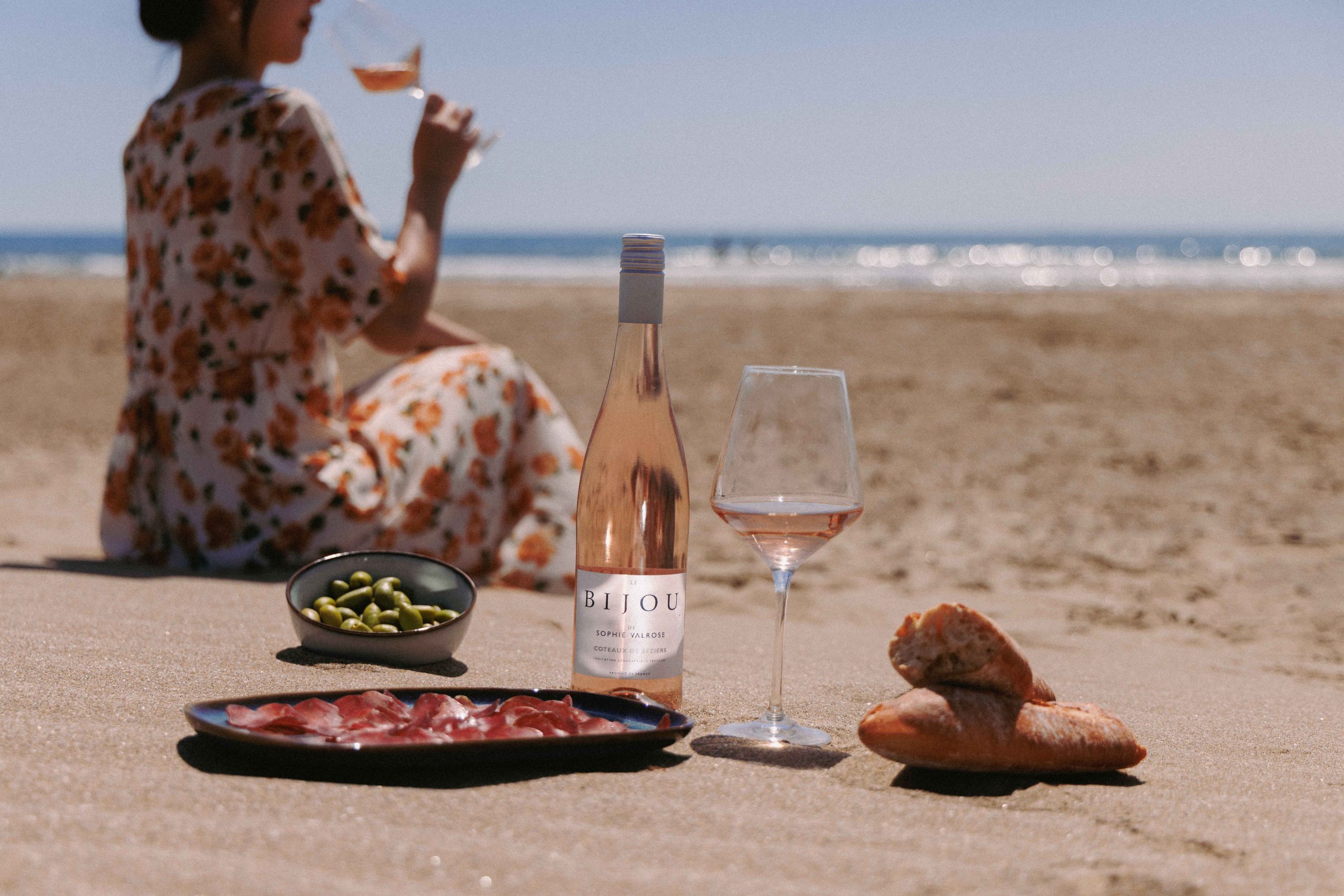Liquidating assets – what do collectors really want?
By Arabella MilehamModern wine collectors are increasingly looking for greater transparency, liquidity and control in managing their wine collections, a new report from Liv-ex has found, with convenience, relationships, and access to market absolutely key.

The report followed an in-depth survey by the fine wine specialist market, to look at what wine collectors are looking for when it comes to liquidating their assets and selling their wines – and if they are finding it. 232 international collectors from 36 different counties answered the survey and follow-up zoom interviews.
It discovered that the vast majority of collectors collect wine partly or entirely for investment purposes, with the average collector owning 2,631 bottles worth around £305,000.
The data gave an interesting snapshot of collectors’ cellars. For example, nearly half (46%) owned between 100 – 1,000 bottles, with more than a quarter (27%) owning between 1,000 – 5,000 bottles. The top two segments (5k-10k and more than 10k bottles) each represented around 7% of the market, with the remaining 13% at the other end of the spectrum, with fewer than 100 bottles.
The value of their cellars followed a similar pattern – around 40% of those cellars were worth between £10k – £100k, with a third (32%) worth between £100k – £500k. Around 9% owned a collection worth over £1 million.
So what are collectors looking for?
Convenience, a good relationship with a broker/merchant, and access to market are the key to keeping collectors happy the survey found – as long as a collector is happy with their chosen merchant/broker they seem to remain loyal. Although how much of this is due to the “massive faff” some collectors referred to in moving stock from one merchant to another is less certain. Either way, the survey found that 75% of the collectors who responded used only one type of sales channel – either merchants, brokers, auction houses or online platforms – and tended to remain loyal to them.
One of the biggest issues raised was the difficulty collectors have in selling their wine when they wanted to, at the price they want – around two thirds noted this was a problem.
An overwhelming majority – 80% – want greater control over the price and speed of the sale. Typically, fine wine takes around 1-3 months to sell – a timeframe most are satisfied with, although obviously the speed of sale is also dependent on what the wine is – a highly sought after bottle of Burgundy or Bordeaux might sell faster than a more esoteric, niche wine.
However, some collectors agreed that the market needed to be “far more open and accessible”, going so far as to suggest slow sales were a result of limited access to the market, or that brokers’ need for turnover was to blame for not achieving the best prices.
Partner Content
In these case, they were willing to swap to platforms that offer greater control over the price set for the wine.
“Wine collectors are generally very aware of liquidity issues, and place high value on access to market. They expect their chosen sales channel to connect them to a large and active network of buyers so that they can achieve the highest possible sale price for their wine,” Liv-ex said. “Merchants who attempt to control the market may struggle with customer satisfaction in the future.”
Opportunities aplenty
Other concerns raised by participants in the survey highlighted frustration with high selling fees or disappointment with poor levels of customer they had received from a fine wine investment company which resulted in them “not knowing who to trust”.
When it comes to commissioning structure, online platforms win, charging between 4-10% of sales, compared to around 10% commission by merchants and brokers in the UK and Europe, while auction house fees can be significantly higher. The reactions to the different price scales varied – collectors who are happy with the level of service, guidance and insight from a merchant tended to be happy to pay the commission, while others still thought it too much – and were prepared to go online instead.
One of the biggest opportunities lies in supplying impartial and honest data and insight on fine wine to help consumers make more informed choices – 88% of collectors said they would like to receive more independent data, detailed insight and honest analysis – and be warned, that marketing spin simply won’t cut it. One respondent complained that wine investment marketing was “like the wild west compared to financial markets”, with some merchants producing analysis that “always seems to say that now is a great time to buy.”
Advanced tech is another key opportunity – 90% of respondents expressed interest in selling wine online or via an app, seeing that as a convenient way to gain control and insight over their collection and liquidation of assets in a more timely manner. Tech would also help the fine wine market expand into emerging markets by engaging new consumers via technology and education.
The ability of wine investment companies to adapt to a changing market would “be critical in supporting collectors into the future”, it concluded.
Related news
Tariffs hit: but how can the wine industry adapt?
Why is volcanic wine getting people so hot under the collar?
The careful considerations behind one of Europe's biggest wineries




